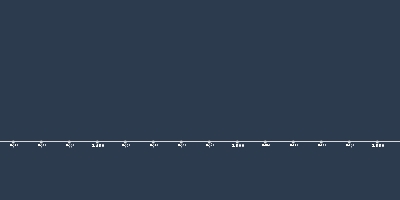WWI (1 Jan 1914 Jahr – 1 Jan 1918 Jahr)
Beschreibung:
Q: When did the First World War end?Q: Women over 30 were allowed to vote as a result of their contribution towards the war effort. Which war was it?
Q: In 1913, the British government promised ‘Home Rule’ for Ireland, why was this postponed? (The outbreak of World War I)
On 28 June 1914, Archduke Franz Ferdinand of Austria was assassinated. This set off a chain of events leading to the First World War (1914–18). But while the assassination provided the trigger for war, other factors – such as a growing sense of nationalism in many European states; increasing militarism; imperialism; and the division of the major European powers into two camps – all set the conditions for war.
The conflict was centred in Europe, but it was a global war involving nations from around the world. Britain was part of the Allied Powers, which included (amongst others) France, Russia, Japan, Belgium, Serbia – and later, Greece, Italy, Romania and the United States. The whole of the British Empire was involved in the conflict – for example, more than a million Indians fought on behalf of Britain in lots of different countries, and around 40,000 were killed. Men from the West Indies, Africa, Australia, New Zealand and Canada also fought with the British. The Allies fought against the Central Powers – mainly Germany, the Austro-Hungarian Empire, the Ottoman Empire and later Bulgaria. Millions of people were killed or wounded, with more than 2 million British casualties.
The First World War ended at 11.00 am on 11th November 1918 with victory for Britain and its allies.
In 1918, women over the age of 30 were given voting rights and the right to stand for Parliament, partly in recognition of the contribution women made to the war effort during the First World War.
Zugefügt zum Band der Zeit:
Datum:
1 Jan 1914 Jahr
1 Jan 1918 Jahr
~ 4 years
